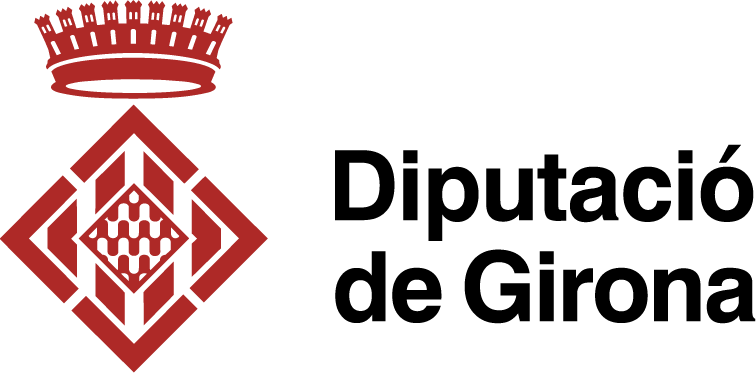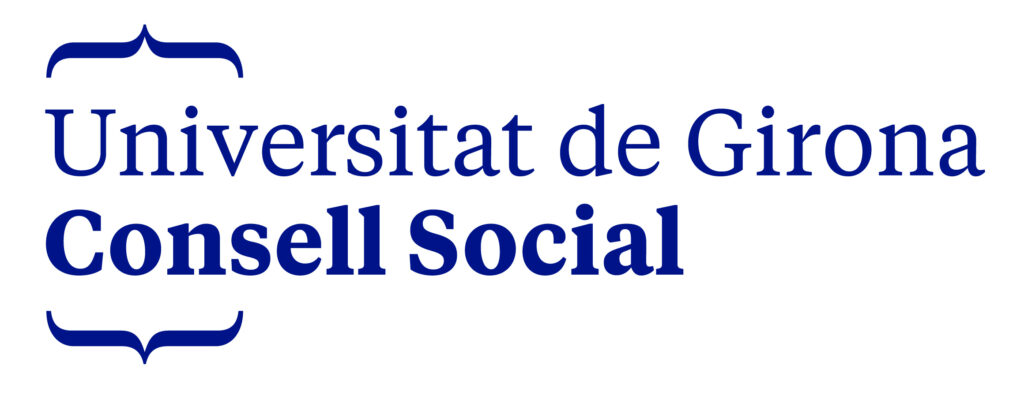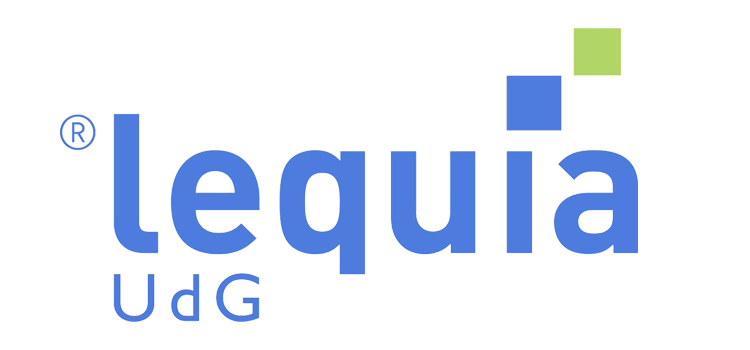Degrowth and environmental justice: Alternatives and proposals
A trans-disciplinary summer school on methods and practices
4th-15th July 2016
Barcelona-Cerbère
We are pleased to announce the third edition of the Summer School on Degrowth and Environmental Justice, organized by ICTA and Research & Degrowth, taking place in Barcelona (Spain) and Cerbère (France), 4th-15th July 2016!
The intellectual and emotional impetus for degrowth, as a path to environmental justice that aspires to recreate the conditions for a ‘good life’, or ‘buen vivir’, as grounded in participative democracy, will have another momentum this summer. The ICTA/R&D summer school come as a warm up to the 5th international conference on degrowth, hosted in Budapest this year.
The debates and research questions which degrowth and environmental justice generate are multiplying and even sprouting, together with the possible paths and ways of addressing them. This summer school will take the challenging turn towards the ‘prognosis’ side, and face some difficult questions. We are, hopefully, well aware of the individual paths to simplicity. Yet what are the small steps which communities, local governments and other levels of societal organization can undertake once embracing a degrowth frame? What role for the commons, social movements and ground-level democracy? How to underpin proposals in the framework of degrowth, or when do we say that a pro-environmental justice policy means degrowth? How to integrate the diversity of degrowth sources, strategies and actors into a single proposal? Is it rather a matrix of potentially divergent proposals that is being put forwards in the framework of degrowth and environmental justice? What role and space for the South, for the South in the North, and the South in the South – in the discussion and proposals for a radical transformation of society? How to strengthen, and learn from, the proposals and alliances emerging from the Global South in the field of environmental justice?
In the sphere of environmental justice (EJ) conflicts, numerous alternatives emerge and guide the academic and intellectual discussions. Around the world, a myriad of bottom-up local initiatives challenge the narrative of growth-driven prosperity. The importance of deliberation and building bridges bring us to focus on areas of convergence between EJ and degrowth. Firstly, the initiatives that take place in urban context, where most of the people in the global North live, will be explored. To this end we will use the unique opportunity of having new municipal council in Barcelona, rooted in the city’s civil society, social movements and solidarity economy networks. Secondly, the defence of the commons, and the processes of communing, will be embraced as a theoretical base for developing degrowth proposals. Thus we will focus on effective collective practices and radically democratic solutions for organising social relationships and serve material needs.
This set of research questions underlines this years’ summer school. Using a mixture of lectures, “toxic” and “de-toxic” tours, peripatetic walks, facilitated workshops and open forums, the summer school will shed the light on some of the so-called “alternatives” and “proposals” for degrowth and for a more environmentally just future. Particular attention will be paid to alternatives and conflicts emerging in urban and peri-urban setting, especially given the radical changes in local politics over the last year.
Course structure and description
The first week of the course will take place at the Institute of Environmental Sciences and Technology (Universitat Autonoma de Barcelona), where the theoretical foundations of environmental justice and degrowth will be firstly laid out. Meanwhile we will explore exemplary projects and initiatives in the vicinity which are both provocative and relevant in the context of environmental justice and degrowth.
The second week of the course will take place in Cerbère, in association with Can Decreix, a project of Research & Degrowth dedicated to put degrowth into practice here and now. In the end of the summer school participants are expected to present an assignment covering the material taught and discussed over its course.
Since degrowth challenges all aspects of life including educational methods, a diversity of teaching tools will be used. Morning sessions will be dedicated to standard, or semi-standard, academic lectures, followed by discussion. There will be given by senior researchers and a member of the local government, who will share and discuss their experience with proposals for radical and bottom-up transformation in the context of the city. All afternoons will be dedicated to participative workshops, where the contribution of all participants will be sought and required. Some of these include: a tour of participants’ posters and research interests, a World Café on various tools for research and campaigning on environmental justice and degrowth, Open Forum, and Forum Theatre. Last but not least one day will be dedicated to a visit and exploration of a nearby environmental conflict, from where participants will move on to Can Masdéu, an occupied peri-urban, semi-rural, intentional community and social center on the outskirts of Barcelona, dedicated to experiencing social and environmental sustainability.




